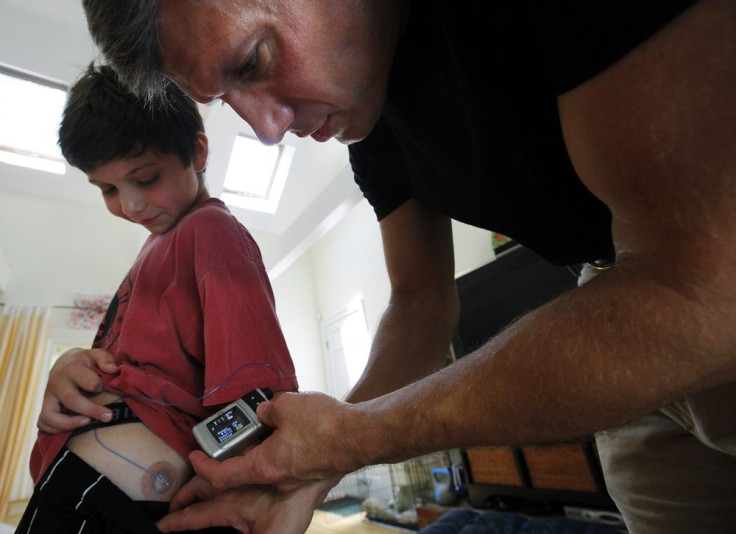Scientists Conduct Another Larger Study For Planned Insulin Pills; Create Implantable ‘Artificial Pancreas’

As the medical community grapples with rising cases of diabetes on a global scale, scientists are offering new solutions for the chronic ailment with no known cure yet. Two new options being eyed are insulin pills and implantable “artificial pancreas.”
Daily insulin injections is one of the options available to both Type 1 and Type 2 diabetics whose body does not produce insulin or produces it but not sufficient to metabolise food. Besides the relatively high cost of insulin, fear of injections inhibit some diabetics from resorting to insulin use.
A new study, however, offers options in the form insulin pills. The study, published in the Journal of the American Medical Association, found that children who took insulin pills exhibited changes in their immune system which researchers believe could help prevent diabetes.
However, the research is considered small and the results did not last long enough to reach conclusive data. Piercepioneer reports that there is a new and ongoing larger study. The new research is more rigorous and has randomly assigned participants taking the experimental insulin capsules.
While the smaller study indicates it prevents diabetes, University of Chicago diabetes specialist Dr Louis Philipson says it would be “a pretty big win” if the insulin pills would surely slow down or delay the chronic ailment. Dr Desmond Schatz, study chair and medical director of the University of Florida Diabetes Center explains, “We know so very little about the exact mechanisms that cause Type 1 diabetes. For the most part, it’s really shooting an arrow into a field and hoping one of the arrows hits a target.”
The need for insulin injections and pumps for Type 1 diabetics could be eliminated, according to a study by researchers at the University of California-Santa Barbara, through implantable "artificial pancreas." Details of the creation were published in the Industry & Engineering Chemistry Research journal.
The artificial pancreas remove the need for so many needles in the life of diabetics, specifically finger pricks to measure their blood sugar level and multiple insulin injections, by using algorithm to monitor the patient’s blood glucose levels and calculate how much insulin dose is needed that is automatically delivered to the body.
Computer testing of the device showed that it maintains the optimum blood glucose range of 80-140 mg/dL 78 percent of the time. There was no time that the patient had hypoglycemia, reports Medical News Today.
Researchers would, however, need to conduct animal testing on the device to evaluate its in vivo performance. They foresee the artificial pancreas being made available to Type 1 diabetics within the next five years.
To contact the writer, email: vittoriohernandez@yahoo.com





















